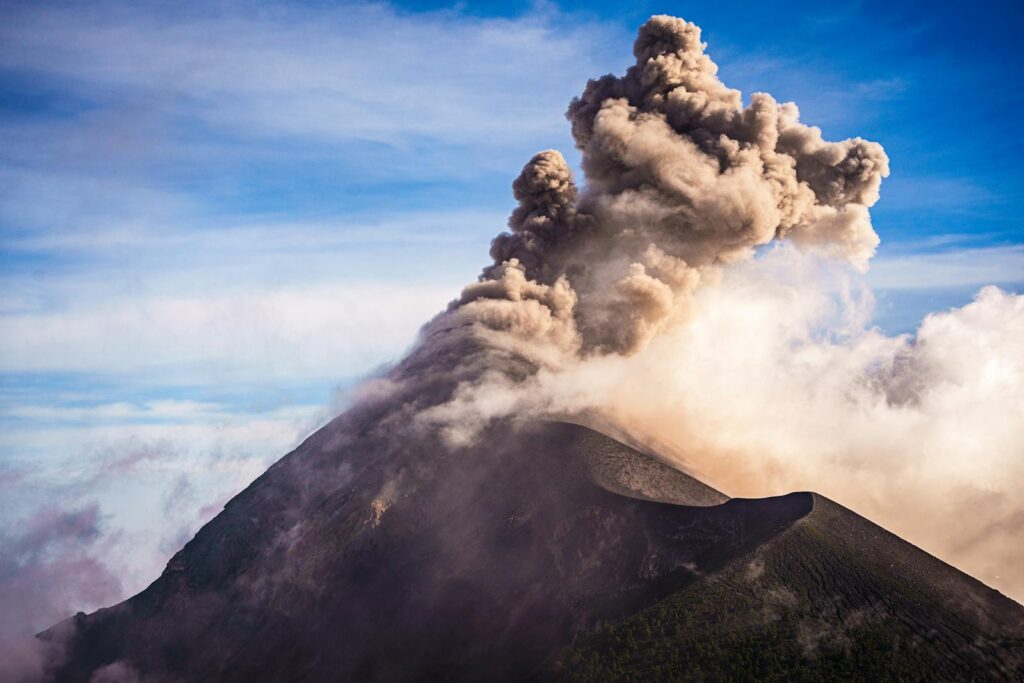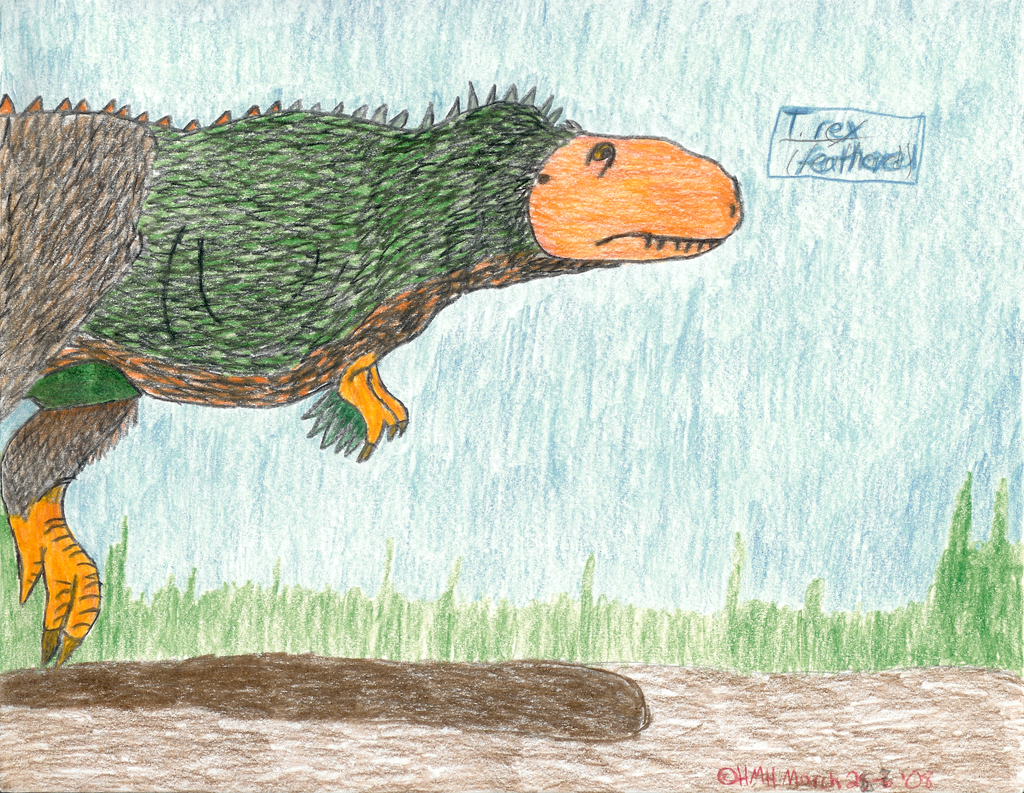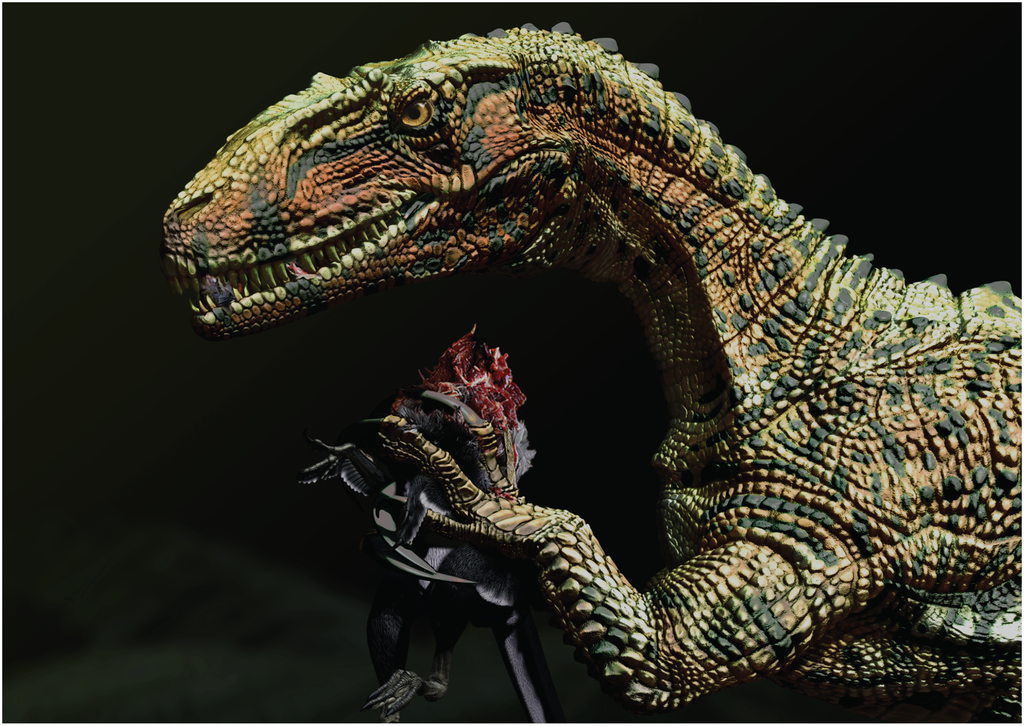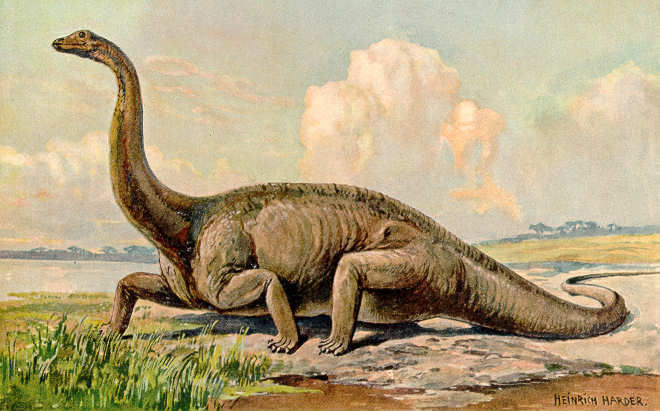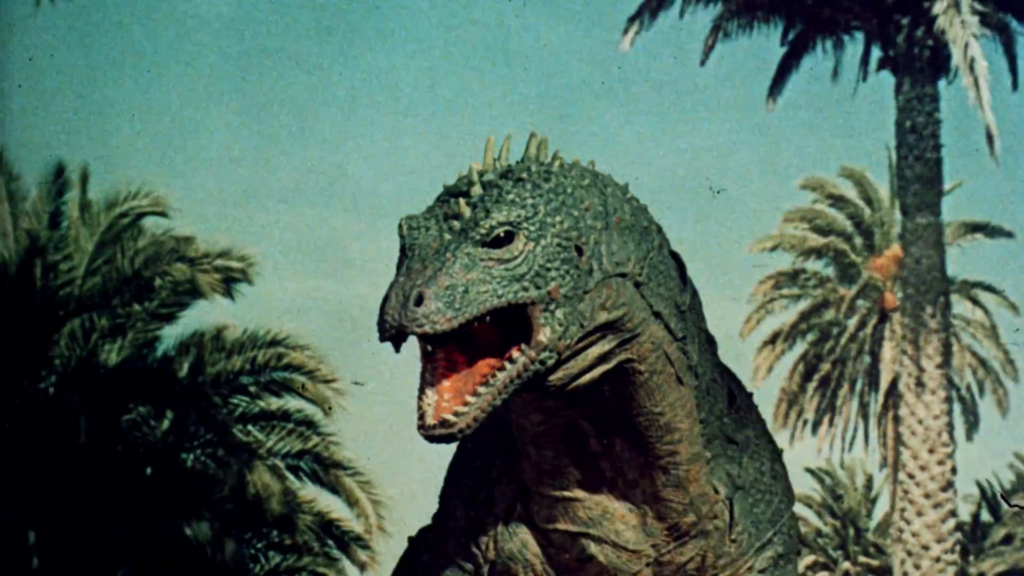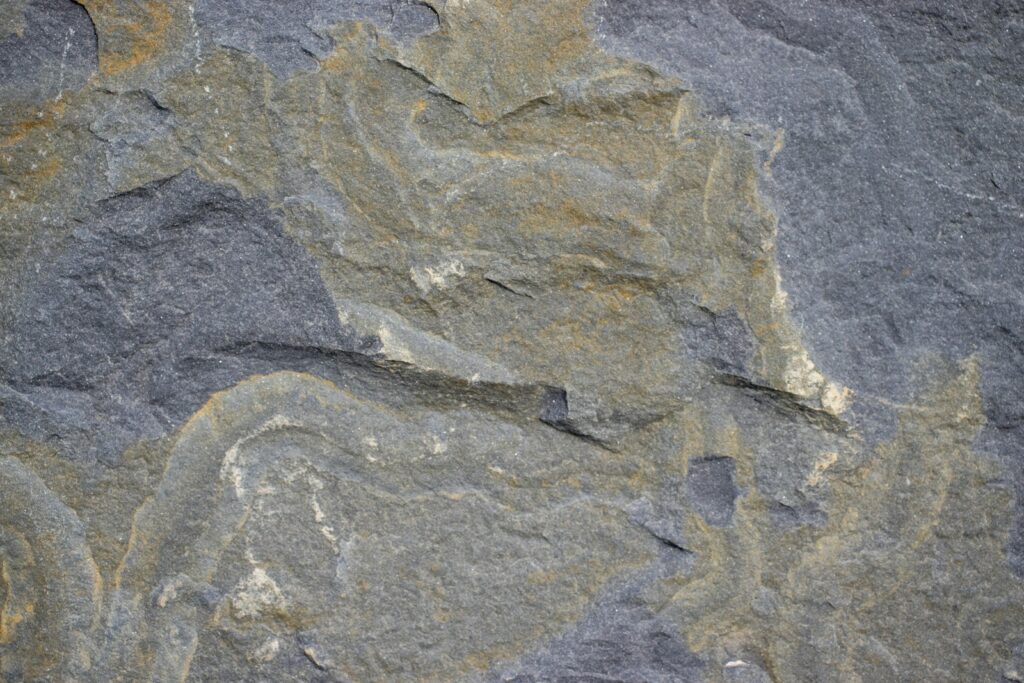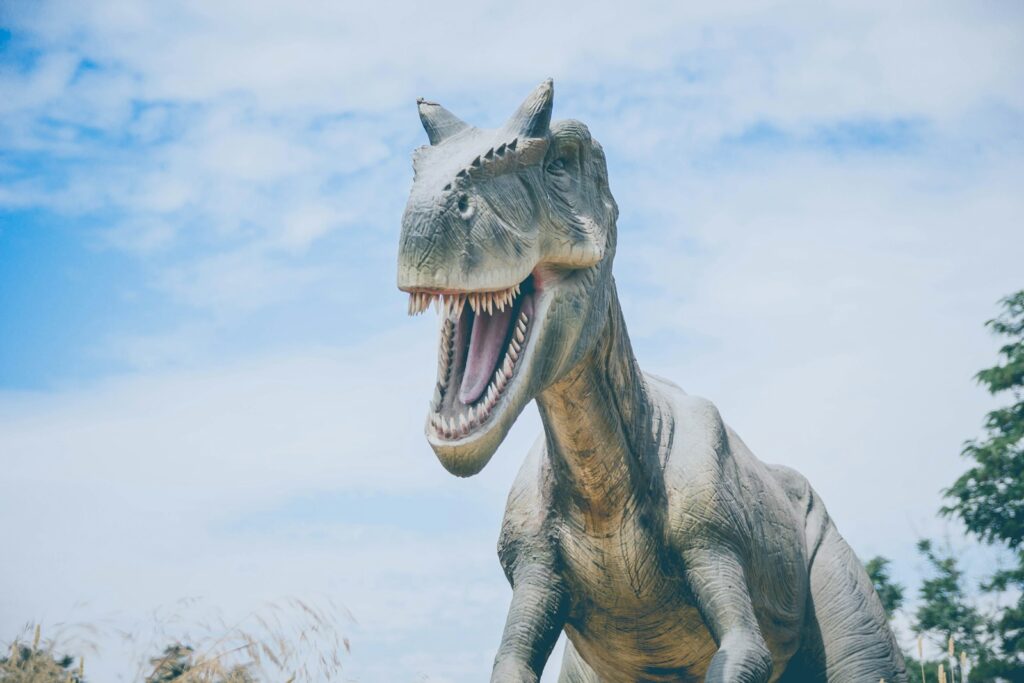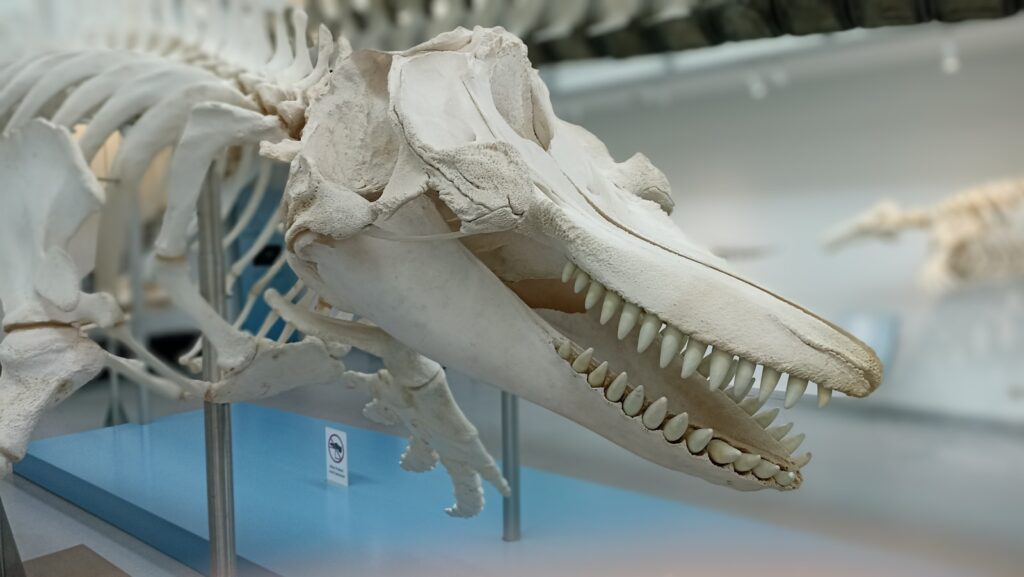Could Dinosaurs Survive a Volcanic Eruption
Dinosaurs ruled the Earth for over 165 million years, facing countless challenges during their long reign. Among the most devastating natural disasters they encountered were volcanic eruptions, which spewed ash, lava, and toxic gases across prehistoric landscapes. The question of whether dinosaurs could survive such cataclysmic events is complex and multifaceted. While some evidence suggests ...

